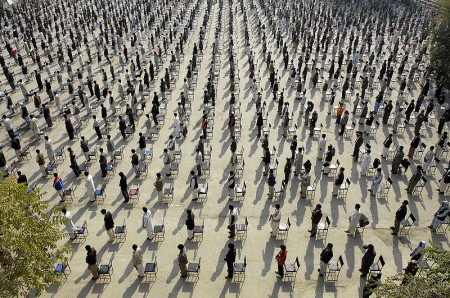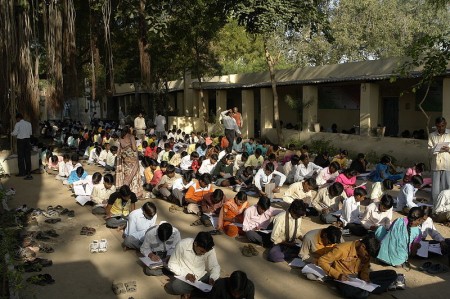
A new study links sleep deprivation to obesity in adolescent boys. There have other studies linking lack of sleep and obesity, but this is one of a few looking specifically at adolescents.
The study was presented at the annual Pediatric Academic Societies meeting under the title Is Sleep Related to Obesity in Young Adolescents?. Interestingly enough, there was less of a correlation for girls.
However, in girls, sleep duration was not related to any of the weight-related variables with the exception of less sleep on weekends being related to BMI. – Lytle, Pasch and Farbaksh, 2010.
The USDA has a nice page that touches on the research that’s looking for specific links between sleep deprivation and weight. Their take is that kids don’t get out enough because increased opportunities for indoor entertainment don’t require much activity and disrupt sleep cycles. They suggest that fat cells themselves may respond to changing circadian rhythms.
Abnormal sleep/wake patterns may change circadian clocks that normally allow cells to anticipate variations in the outside environment, such as changing levels of nutrients (glucose, fatty acids and triglycerides) and hormones such as insulin. – Flores, 2007.
I don’t know enough to speculate as to why, but, thinking out loud, I wonder if boys’ predilection for overusing video games has any link to the obesity issue.



